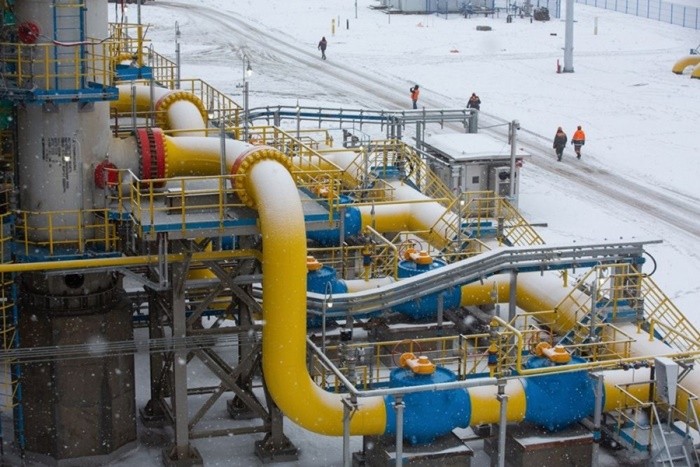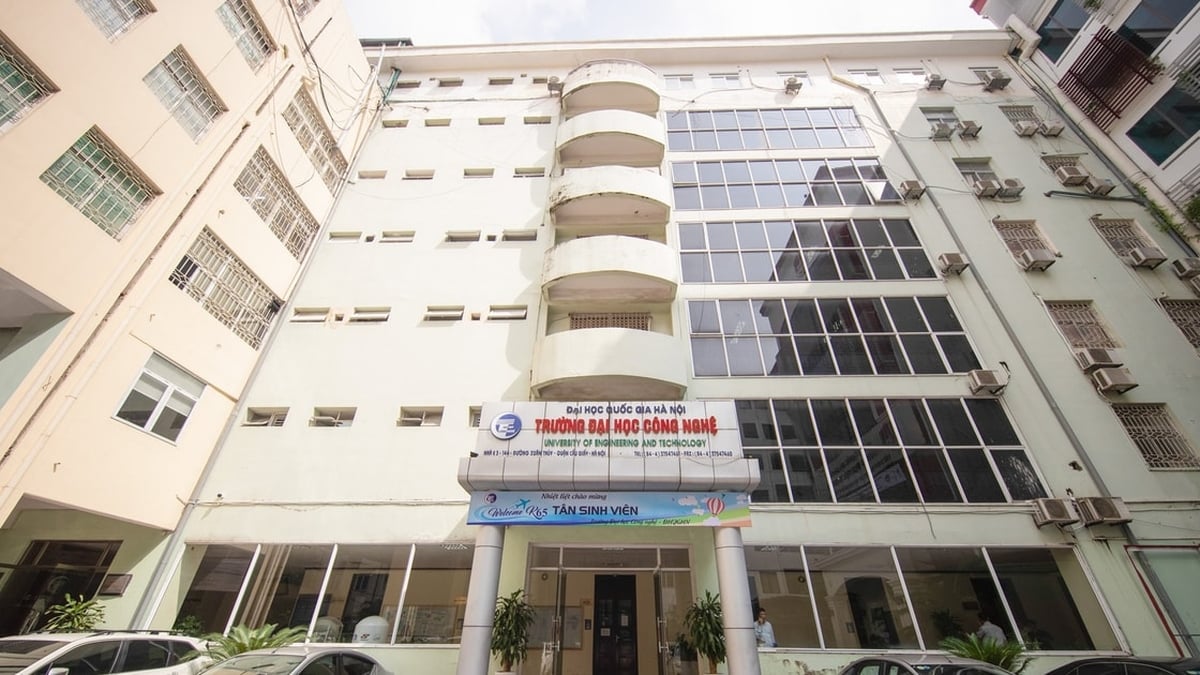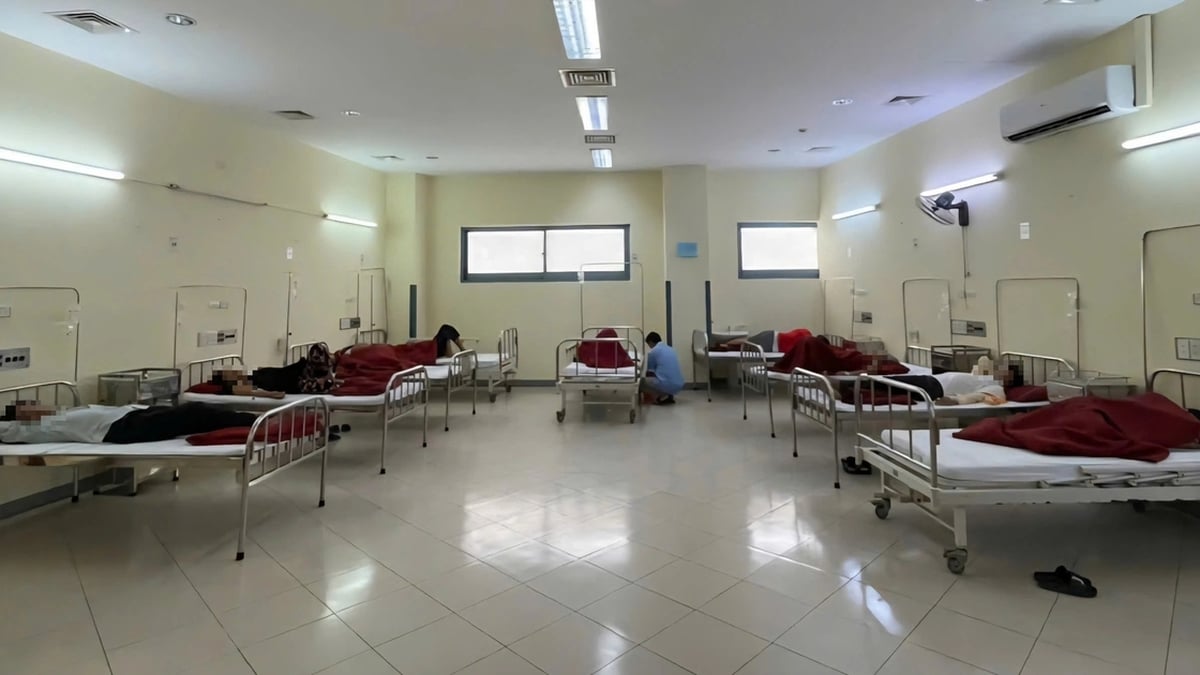AFP news agency commented that the expiration of the gas transit agreement between Russia and Ukraine highlights the energy and economic challenges for the European Union (EU), Moscow and Kiev.
 |
| Ukraine’s failure to renew the gas transit agreement puts the EU in a difficult position as some countries continue to rely on Russian gas. (Source: Getty Images) |
The current gas transit agreement between Russia and Ukraine is set to expire at the end of 2024. It is the last remaining trade agreement between the two countries.
While Moscow left open the possibility of further extension, Kiev has repeatedly stated that it will not extend this agreement.
This situation puts the EU in a difficult position because some countries in the bloc continue to depend on Moscow's gas flows.
Slovakia, Austria and Hungary are still dependent on this supply.
Slovakia, in particular, is vulnerable due to the lack of solid alternatives. It could try to establish reverse flows from Austria or import via liquefied natural gas (LNG) terminals in Germany, but this would incur additional costs.
For Kiev, ending gas transit could have significant economic consequences. Currently, the country earns about 714 million euros in annual revenue from Russian gas transit.
Meanwhile, Moscow could lose $7-8 billion in annual revenue, accounting for about 15% of the total revenue of gas giant Gazprom.
As for the EU, the loss of 15 billion cubic meters of gas transported through Ukraine each year would be a shock to some Central and Eastern European countries.
The EU's overall dependence on Russian gas has decreased over time, but Moscow's share of total gas imports remains significant, accounting for around 15% in the second quarter of 2024, just behind the 19% from the US.
With such damage, AFP commented that the final decision will depend on negotiations between the EU, Ukraine and Russia.
Source: https://baoquocte.vn/ukraine-muon-chan-dong-chay-khi-dot-nga-qua-chau-au-khong-chi-gazprom-kiev-va-eu-cung-thiet-290066.html






























![[Photo] National Assembly Chairman Tran Thanh Man visits Vietnamese Heroic Mother Ta Thi Tran](https://vphoto.vietnam.vn/thumb/1200x675/vietnam/resource/IMAGE/2025/7/20/765c0bd057dd44ad83ab89fe0255b783)


































































Comment (0)